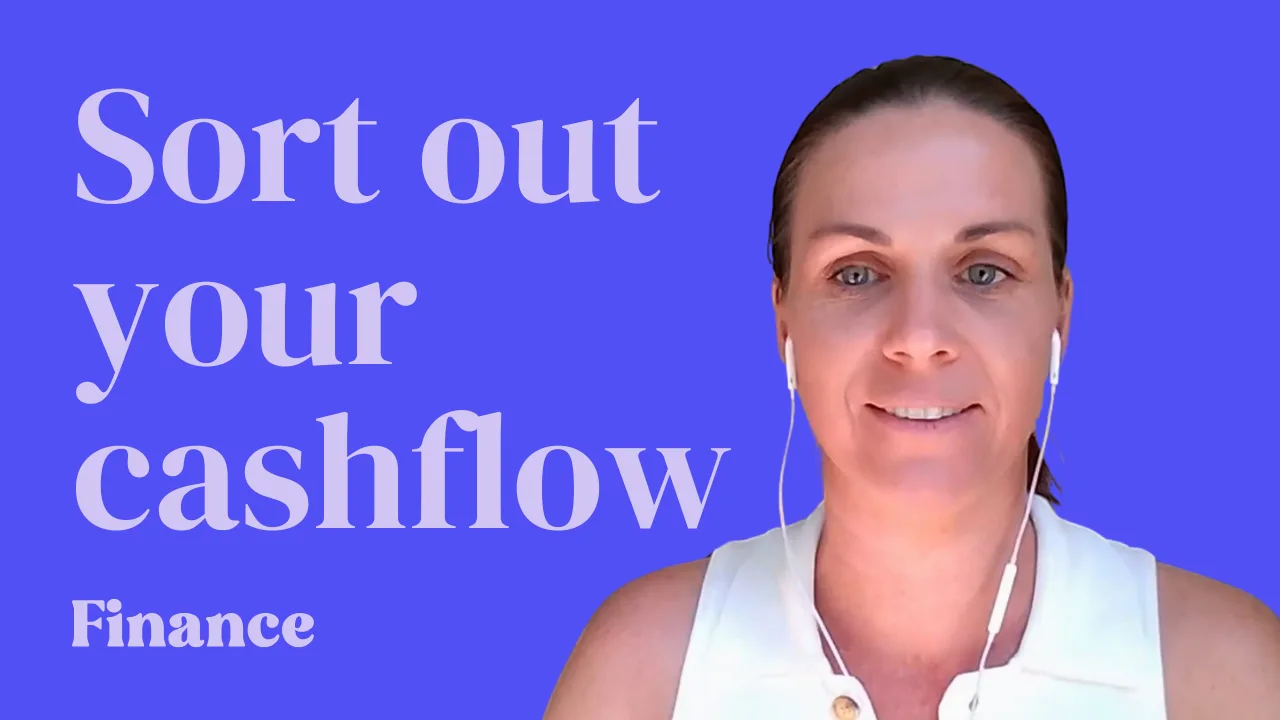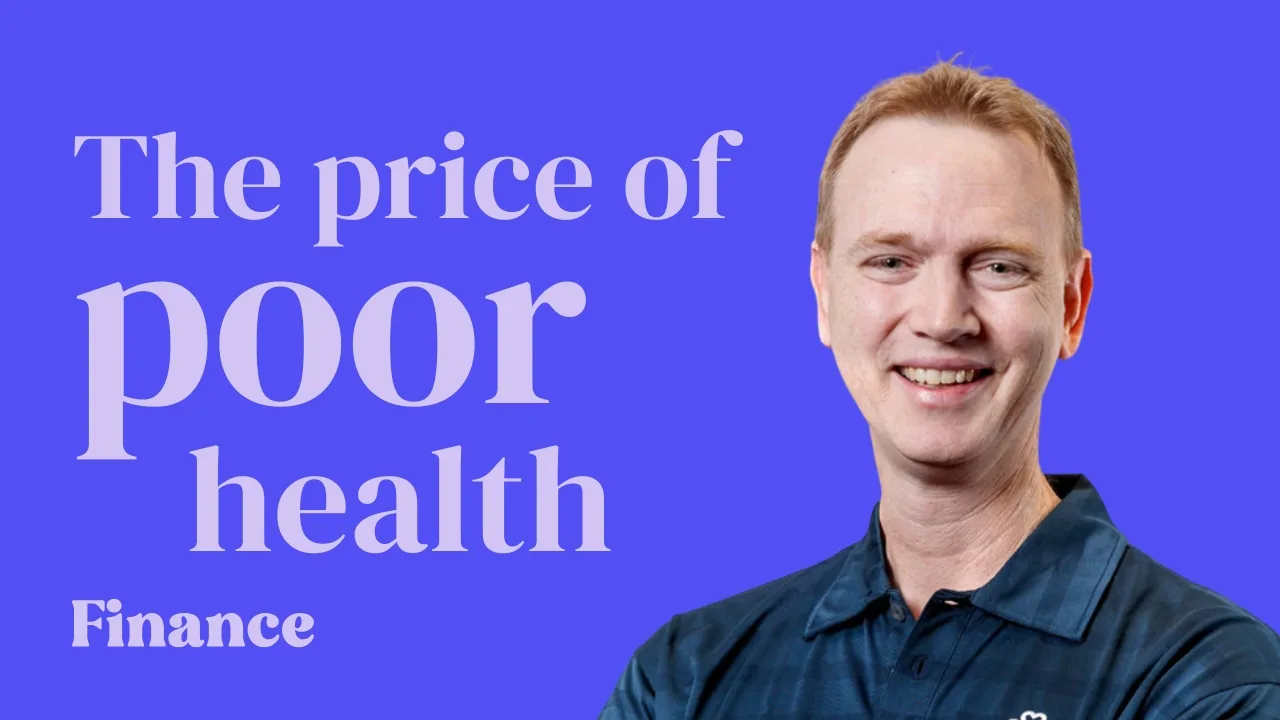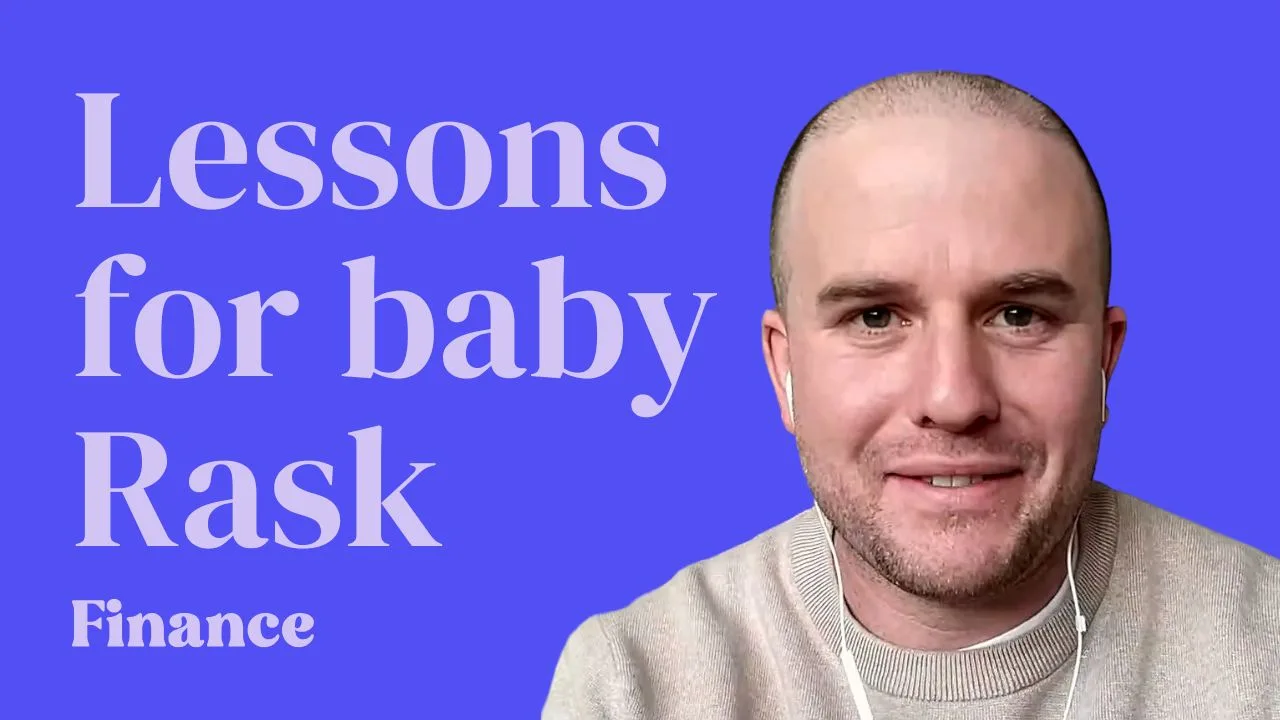Ask a friend or your uncle, and you might be fooled into thinking shares represent just a random “punt”. However, under the law, shares represent an ownership stake in a real company, similar to the way you would have equity in a house/property.
One of the key differences between equity in your home and shares/equities is that, instead of being the sole owner of a house, a company on the sharemarket can have hundreds of thousands of shareholders just like you.
So, for example, if you were to own shares in Apple Inc, you’d have a tiny stake in a giant technology company. Everything else you hear is just financial jargon designed to confuse you and make you pay for something.
Why do companies issue shares? A company will offer its shares to investors on the share market to raise money. When a company first sells its shares to investors, it’s known as an IPO (Initial Public Offering). Typically, it will take money from investors in exchange for shares. The money it raises will then be used to invest in growth opportunities and projects.
When you trade shares on the share market (e.g. through your brokerage account) you’re ‘swapping’ shares with another investor. Typically, it’s only during the IPO that you get brand-new shares.
Hack: when you see a stock code like “NASDAQ: AAPL” or “ASX: TLS”, it’s like a barcode. “NASDAQ” or “ASX” = the stock exchange where you find the company; “AAPL” (Apple) or “TLS” (Telstra) is the stock in question. For example, you’ll find Apple shares on the NASDAQ exchange and Telstra on the Australian Securities Exchange (ASX).
Again, after the initial sale of shares, the same shares are traded back and forth between investors. Meaning the company is not involved unless it decides to repurchase its shares (known as a share buyback) or issue new shares (known as a capital raising). Basically, it’s like you’re trading ‘second hand’ shares, which is why it’s sometimes called ‘the secondary market’ (the primary market being when new shares are sold to the first investor).
Running through our share investing checklist
Here is our 5-point share investing checklist to assist you with your investment research. This is a tool for people just starting out on their share investment journey and is not an exhaustive list.
OWEN’S HOT TIP: If you’re good with Google, you’ll be able to find 99% of this information online. You’ve just got to know what you’re looking for! Be sure to write down what you find. Do that, and you’re on your way to becoming your own investment analyst!
✅ Ultimate share investing checklist for DIY investors | Rask Education
This episode is part of our Beginners Investing Month series on The Australian Finance Podcast. Just look for the episodes with the 💸 during August 2023!





